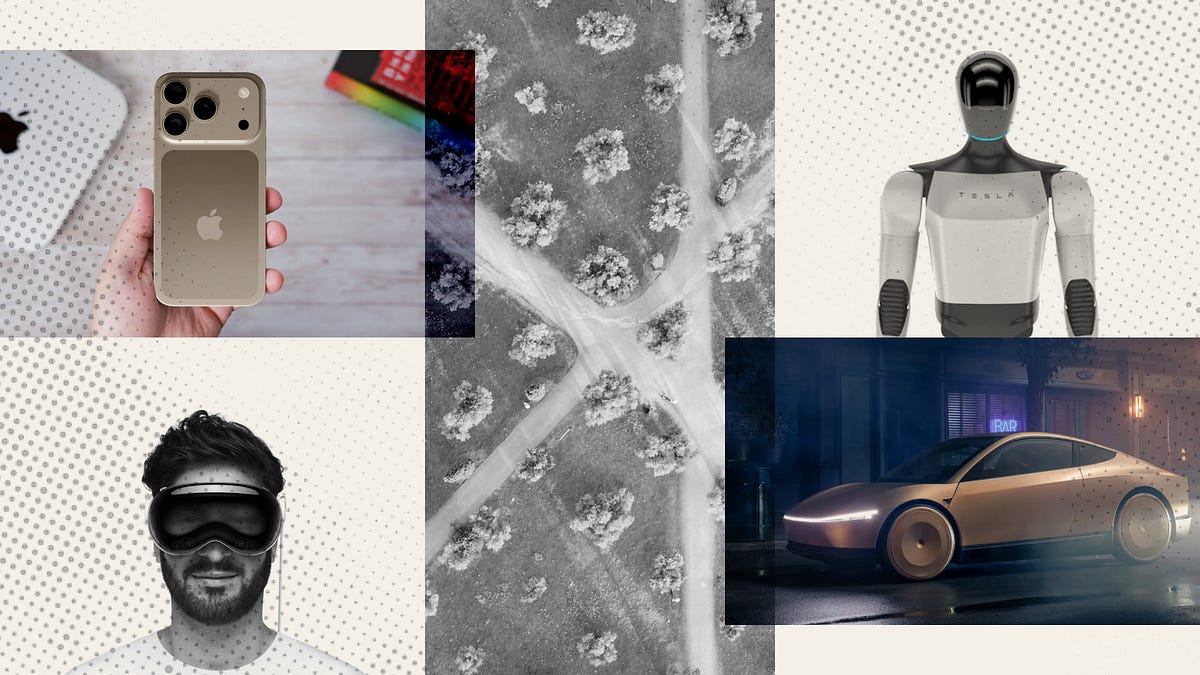
"We often allow past decisions to dictate our present and future innovations. "That's how we've always done things," you might recall someone saying - or "we've come this far, we can't change now." Innovation requires an open mindset, where people ask questions, challenge ideas, and reassess strategies. Yet organisations often focus on limited ideas, metrics, and values without changing direction, frequently leading to stagnation or disaster."
"Had management listened to its engineers' safety concerns, could NASA have avoided the Challenger disaster? Could BlackBerry have remained the best-selling mobile phone brand if its leaders, including cofounder Mike Lazaridis, had rethought their strategy to adapt to the smartphone revolution? Can we design another breakthrough moment - like the first iPod click wheel or the simplicity of Google's search box - by rethinking what meaningful interaction really means?"
Apple refines familiar interactions to polish usability and maintain predictable experiences, while Tesla pursues bold, novel designs that challenge conventions. Organizations often let past decisions and metrics lock strategic direction, producing stagnation or disaster when safety or market shifts are ignored. Innovation requires an open mindset, where people ask questions, challenge ideas, and reassess strategies. Examples include engineers' safety warnings before the Challenger disaster and BlackBerry's failure to adapt to the smartphone revolution. Breakthroughs can arise by rethinking meaningful interaction, as with the iPod click wheel or Google's simple search box. UX and design should balance refinement with risk-taking and ongoing strategic reevaluation.
Read at Medium
Unable to calculate read time
Collection
[
|
...
]